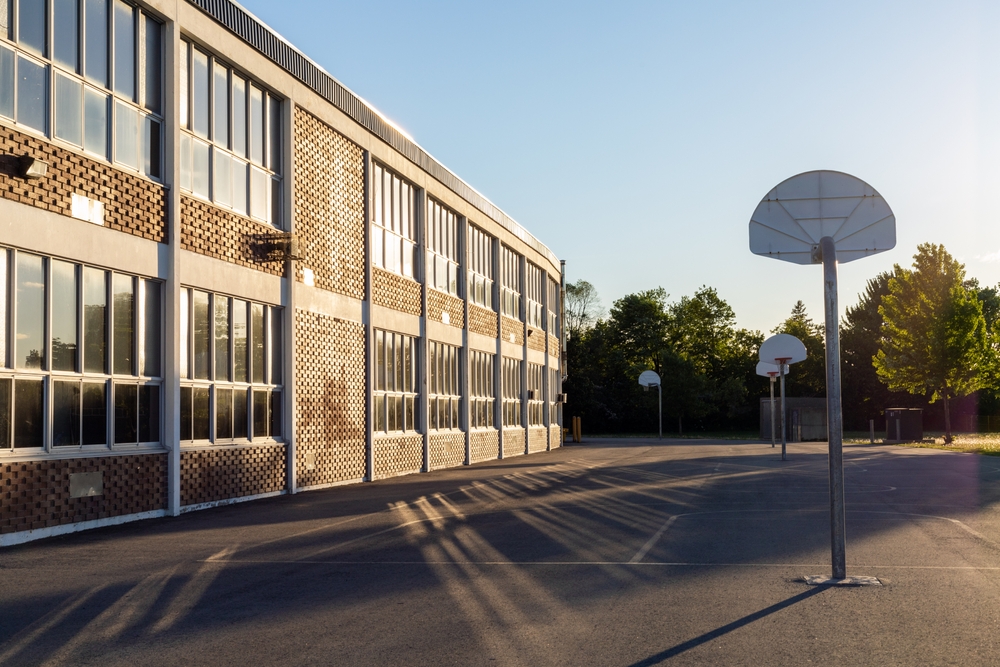Quebec’s Education Minister Cracks Down on Religious Students

Secularism is an important aspect of Canada’s identity as a nation. Though the country has a large religious population, the government of Canada values secularism, which is the separation of church and state. The education minister of Quebec, Bernard Drainville, issued a directive in April 2023 to ban students from gathering together to pray while in school. Read on to learn about the background of this issue and what this crackdown on religious students means for schools and families.
Schools in Montreal Gave Students a Room for Prayer
Education minister Drainville decided to issue a directive because he discovered that some schools in Montreal had given students rooms in which to pray together. The schools reported that students were not forced to pray or exposed to religious messages against their will, but this didn’t ease Drainville’s mind or make him change directions. He felt that any group worship in schools went against Quebec’s secularism law.
In 2019, the government of Quebec passed the Act Respecting the Laicity of the State, also known as Bill 21. This bill made it illegal for government employees, including in schools, to wear any religious symbols while at work. In a broader sense, Bill 21 invokes secularism as the law of the land in Quebec, laying the groundwork for other directives to enforce secularism at every level of society when it comes to government services such as education.
Education Authorities Ban Prayer Rooms in Schools
Minister Drainville’s directive is meant to direct schools to ban prayer rooms and prayer groups in schools in Quebec. It seems that Drainville doesn’t want to see prayer happening visibly at all in schools. Regarding his directive to ban prayer rooms, he explained that students can pray as long as they do so individually and quietly. Of course, Christians and Catholics may find it easier to conform to this regulation than Muslims, considering that group prayer is an important part of the tradition of worship in Islam.
The ban may apply to extracurricular activities and after-hours activities because it has enough vague language to enforce in a variety of situations. So, while the motivation behind Drainville’s ban may seem harmless, the enforcement of the ban could end up encroaching on students’ freedoms and human rights. The application of such a ban tends to affect non-Christians more than Christians, which makes it appear like an attack on people of certain religions more than others.
Religion and Culture Play Important Roles in Student Education Life
Canada’s Human Rights Commission is looking further into this issue because religion and culture play important roles in students’ lives. Banning prayer rooms for the sake of protecting non-religious students isn’t as innocuous as it seems. For some students, religion, culture, and identity are intimately connected, and when they have to suppress or ignore a part of their identity to exist at school, it can feel harmful and upsetting to them.
One of the issues is that young people, especially students, often suffer more intrusions on their human rights because they are young and in school. Student speech is censored, they can get in serious trouble for protesting or holding demonstrations, and they often can’t express their identities through clothing, style, and accessories. This religious ban further erodes students’ rights in the name of protecting non-religious students from being pressured to follow a religion. Some Muslim groups see this ban as another veiled attack against their community with language that invokes an unfounded fear of religious radicalism in Canada.
Although the education minister received some negative backlash for issuing his directive to ban prayer rooms in schools, he did not back down. Minister Drainville expects school officials to enforce these policies and ensure that students are not praying in schools.

